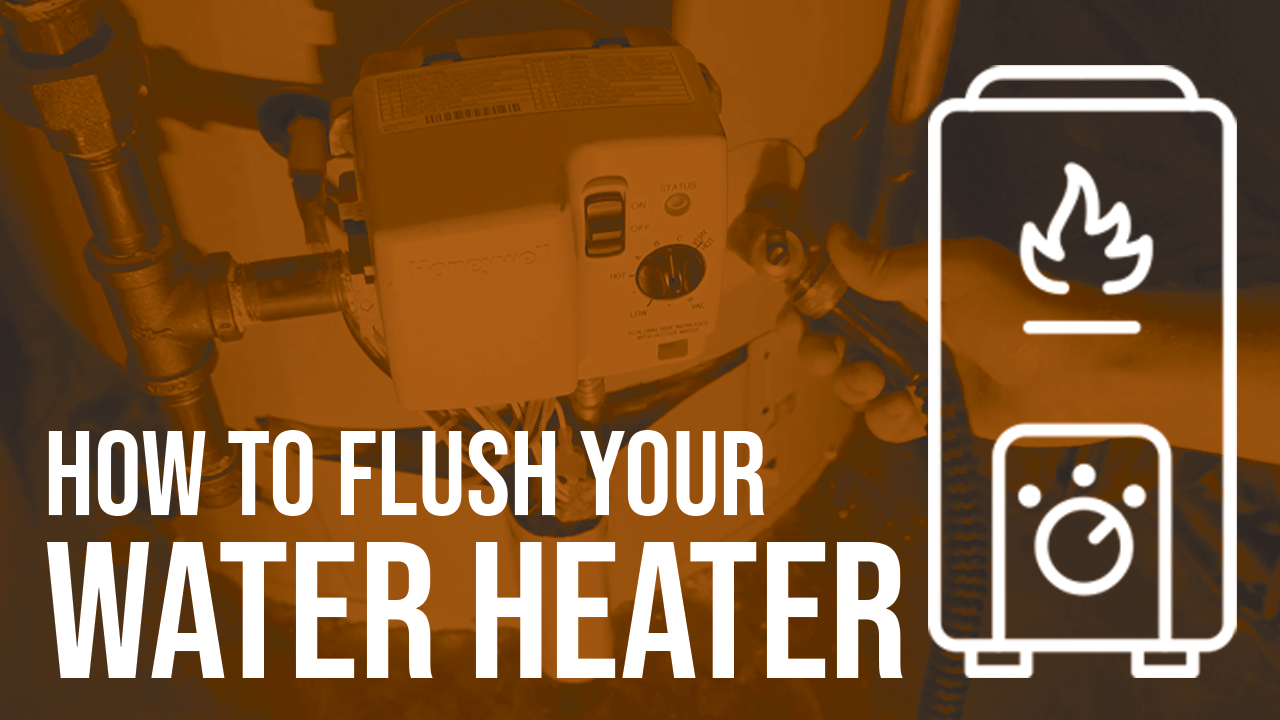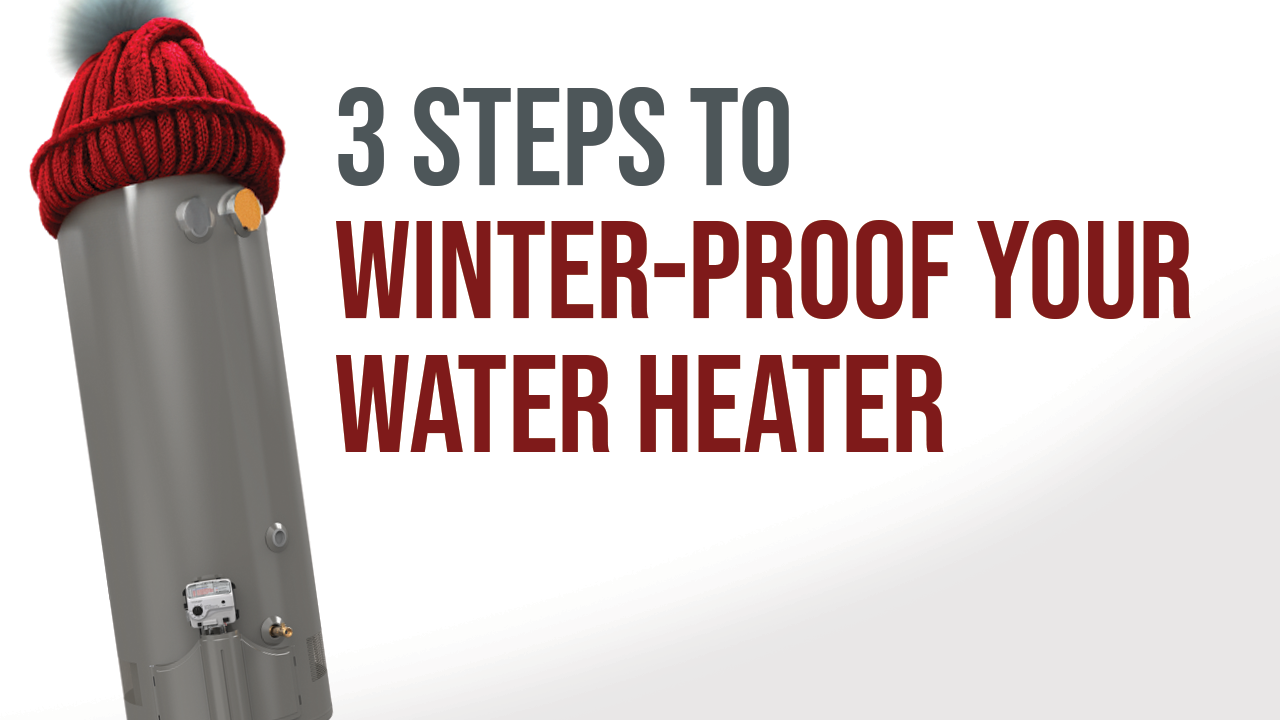Updated January 17, 2024
Are you worried about your pipes freezing during the winter months? Frozen pipes can lead to costly repairs and water damage to your home. It’s important to know what to do if your pipelines freeze so that you can keep a cool head and act quickly to prevent further damage.
Understanding Why Pipes Freeze
When the temperature drops below freezing, your pipes are at risk of freezing. Certain parts of your plumbing system are more likely to freeze than others. Exposed pipes are at higher risk, especially on exterior walls or unheated areas. Additionally, pipes near windows or in areas with drafts are more likely to experience freezing. Identifying and addressing these vulnerabilities is critical to effective prevention.
Areas with little to no insulation can also contribute to frozen pipes. Houses without sufficient heat, vacant homes, or those with poor insulation are at risk of pipes freezing. The regulation of the temperature makes the plumbing system vulnerable in empty houses. Keep the heat on if you go away on a winter vacation to avoid coming home to burst pipes and substantial water damage.
Signs of Frozen Pipes
One of the first signs of frozen pipes is little to no water. If you notice that the water is not flowing as it should, it could be a sign that your pipes are frozen. Another sign of frozen pipes is when you turn on the faucet, and only a trickle of water emerges. If you notice any of these other signs, you may likely have frozen pipes:
- Visible frost on pipe exteriors
- A bulge or visible crack in the pipe
- Strange noises when using water fixtures
- Peculiar odors emanating from faucets or drains
Effects of Frozen Pipes
Frozen pipes can cause severe damage to your home. When water freezes, it expands, which can cause the pipes to burst. This can lead to water damage and flooding in your home. Besides the water damage from a burst pipe, your home could be without water for some time. It may be off for hours while awaiting repairs. This is particularly true if there’s been a winter storm that’s made the roads impassable.
How to Keep Pipes From Freezing
Taking the necessary precautions, such as insulating your pipes and keeping your home at a consistent temperature, is essential to prevent frozen pipes. By understanding why pipes freeze and taking the steps needed to prevent it, you can protect your home from the damage caused by frozen pipes.
Insulate Walls and Attics
Ensure that walls and attics are adequately insulated to maintain a warmer environment for pipes running through these spaces. Well-insulated surroundings act as a barrier against the penetrating cold. The two most popular insulation choices are fiberglass blankets and a loose cellulose fill that’s either dumped and raked over the attic floor or blown in.
Apply Pipe Sleeves or Wrap
Insulate exposed pipes with pipe sleeves or wrapping materials. This additional layer helps retain heat within the pipes, reducing the risk of freezing. Pay special attention to pipes in unheated areas, such as basements, crawl spaces, and attics.
Let Faucets Drip
During freezing nights, let at least one faucet drip slightly. The continuous flow of water, even at a minimal rate, reduces the likelihood of freezing. This is particularly useful for faucets at the back of the house. Since the main water line enters the front of the house, a dripping faucet in the back keeps the water flowing through the pipeline.
Keep Cabinet Doors Open
Open cabinet doors under sinks to allow warm air to circulate the pipes. This is especially helpful for pipes in kitchens and bathrooms, where warm air from the living space can help prevent freezing.
Pre-set Your Thermostat
Another way to prevent frozen pipes is to keep your home well-heated. Keep the temperature at 68 degrees Fahrenheit or above when you’re home. Likewise, when you leave, set the thermostat at 55 degrees or above. It may seem like wasting money to heat an empty house, but it is necessary to safeguard your plumbing.
If you will be away from home for an extended period, turn off the main water supply and drain the pipes. This will help prevent any water left in the pipes from freezing and causing damage while you are gone.
These simple tips can prevent your pipes from freezing and avoid costly repairs.
What to Do if Your Pipes Freeze
Despite being proactive and doing your best to stay on top of your plumbing system, sometimes pipes freeze anyway. A sudden cold snap you weren’t expecting can throw you a loop. If something like that happens, the first thing you should do is turn off the water supply. This will prevent any further damage from occurring. Next, follow the steps below to thaw your pipes safely.
Locate the Frozen Section
Identifying where the pipes are frozen is the first step to resolving the issue. This can often be done by feeling for cold spots along exposed pipes or using a thermal imaging device. Knowing the location will help you focus your efforts effectively.
Thaw the Pipes Safely
You can begin thawing the pipes once you’ve located the frozen section. Use a hairdryer, portable heater, heat lamp, or heating pad to warm the affected area gently. Avoid using open flames and keep heat safe from the pipe. Patience is critical during this process; rushing can damage the pipes or cause a fire.
Turn the Water Back On
Once the pipes have thawed, you can turn the water supply back on and check for leaks. To reintroduce water back into the system slowly, turn the faucet handles one or two turns. Start with the faucet closest to where you detected the frozen pipes. This gradual approach helps prevent sudden pressure surges that could lead to additional stress on the pipes. If you find any leaks, turn the water off again and call for plumbing repair.
When to Call a Professional
If the above steps don’t bring results or the situation escalates, don’t hesitate to call a professional for help. Professional plumbers have the expertise and tools to handle complex freezing issues, ensuring a swift and effective resolution. In some cases, the pipes may need replacing.
Frozen pipes can be daunting, but you can get through the winter without plumbing hassles with prompt action and preventive measures. Contact Golden Rule for fast, friendly service and timely repairs. We offer heating, cooling, plumbing, and electrical services. Call Golden Rule today for furnace maintenance to ensure your pipes don’t freeze this winter.
Contact Us Today for Plumbing Service!
If you found this post helpful, check out some other budget-saving tips:


The holidays are a magical time of year—gathering with loved ones, sharing meals, and creating lasting memories. But one unexpected mishap can turn your festive celebration into... Read More

Regular maintenance of your water heater is one of the simplest ways to ensure its longevity and efficiency. Flushing your water heater is a straightforward process that... Read More

Winter brings colder temperatures, which can take a toll on home water heaters. A water heater that isn’t ready for winter may struggle to provide hot water... Read More
